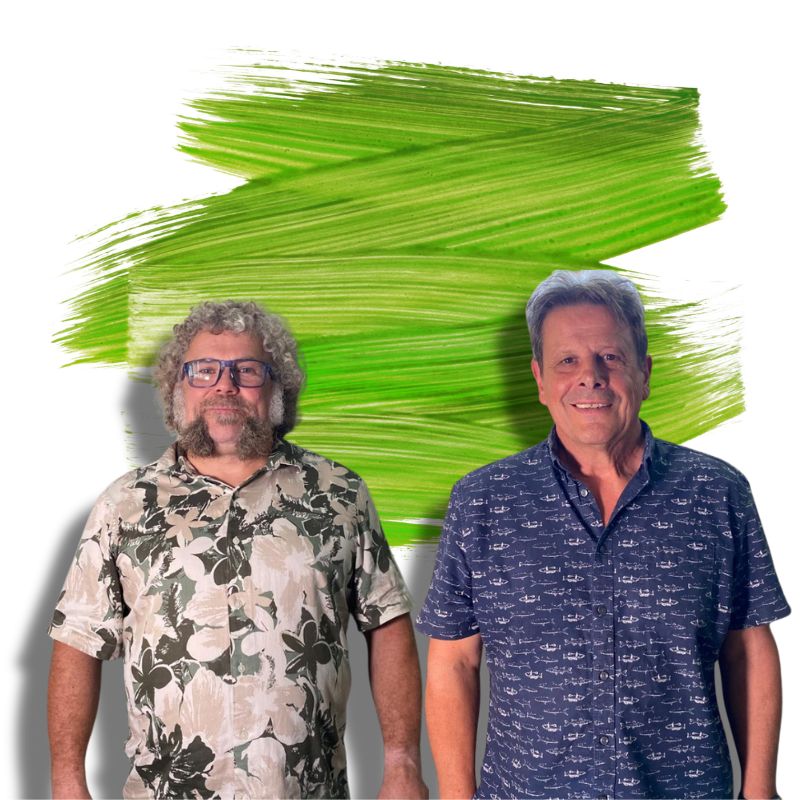28 August 2025
58:09
Pete Fraser
OVERVIEW:
Curly Steve and Pete discuss the journey from Navy life to running fish and chip shops, the importance of sourcing sustainable fish, challenges with chips and oil, the truth about palm oil, packaging realities, and practical tips for choosing better seafood, reducing waste, and supporting local food, all while keeping sustainability fun and approachable.TOPICS
UncategorisedAVAILABLE ON:

WATCH ON YOUTUBE
The Chat
The Chat
The Guest: Pete Fraser
Owner of Harbour Lights Fish & Chip Shop, Fraser’s Fish & Chips, and Kona; Sustainability Advocate in the Fish & Chip Industry
The Chat
From Navy to the Fryer
Pete shares his journey from a Royal Navy helicopter observer to fish and chip shop owner, explaining how friendship and a leap into business ownership with Harbour Lights set him on a new path. After an amicable split with his first business partner, Pete found his stride, growing Harbour Lights and carving out a leadership role in bringing sustainability into the fish and chip world.
Sustainability on the Plate
Pete explains how his frustration with the lack of guidance on sustainable sourcing in the mid-2000s sparked a mission. Discovering only a handful of shops cared about sustainability at the time, he pushed forward, using MSC certification, engaging with the Cornwall Wildlife Trust, and adopting the Cornwall Good Seafood Guide. Dressing up in a cod outfit to teach children about sustainable fish, he learnt the power of fun and simple messages in shifting mindsets.
Fish, Chips, Oil, and Packaging
Pete takes us through the practicalities behind the nation’s favourite meal. Cod and haddock dominate UK diets, but he champions alternatives like pollock and Cornish hake, crediting celebrity chefs for helping expand public tastes. Chips, far from simple, are shaped by climate, storage, and supply challenges, with farmers balancing rain and sun to produce the perfect potato. On oil, Pete challenges misconceptions about palm oil, showing why responsibly sourced palm oil remains the most sustainable option when compared with alternatives like rapeseed. Packaging, too, comes with its complexities: biodegradable boxes only truly work if councils provide proper waste streams, highlighting the gap between policy pressure and practical recycling.
Keeping it Light
Pete emphasises that fish and chips should always be a joyful experience. His approach combines education with humour, encouraging customers to be brave, try new species, and see sustainability not as sacrifice but as adventure.
Top Achievable Tips
-
Try a new fish species each month
-
Give the Big Five a miss (cod, haddock, prawns, salmon, tuna)
-
Try vegan alternatives such as tofu “fish”
-
Root to peel, head to tail: cut food waste by using the whole ingredient
-
Support local food producers and farm shops
-
Spend 10 minutes with your council’s waste guide to recycle better
Evidence
-
Harbour Lights Fish Buying Policy 2025
-
Cornwall Good Seafood Guide (Cornwall Wildlife Trust)
-
Chester Zoo Sustainable Palm Oil Statement
-
Consumer Fish Buying Behaviour Report (University of Exeter)
-
Sunday Times Feature on Harbour Lights
What One Thing Can We Do Today to Make a Better Tomorrow?
Pete’s advice is simple: lighten up. Take sustainability seriously, but do it with laughter, kindness, and joy. A lighter touch reduces conflict and creates more change than anger or blame.
Contact Details
Harbour Lights Fish & Chips: www.harbourlights.co.uk
Fraser’s Fish & Chips: www.frasersfishandchips.co.uk
Kona: www.kona-cornwall.co.uk
LinkedIn: Pete Fraser
Instagram: @harbourlightsfalmouth


